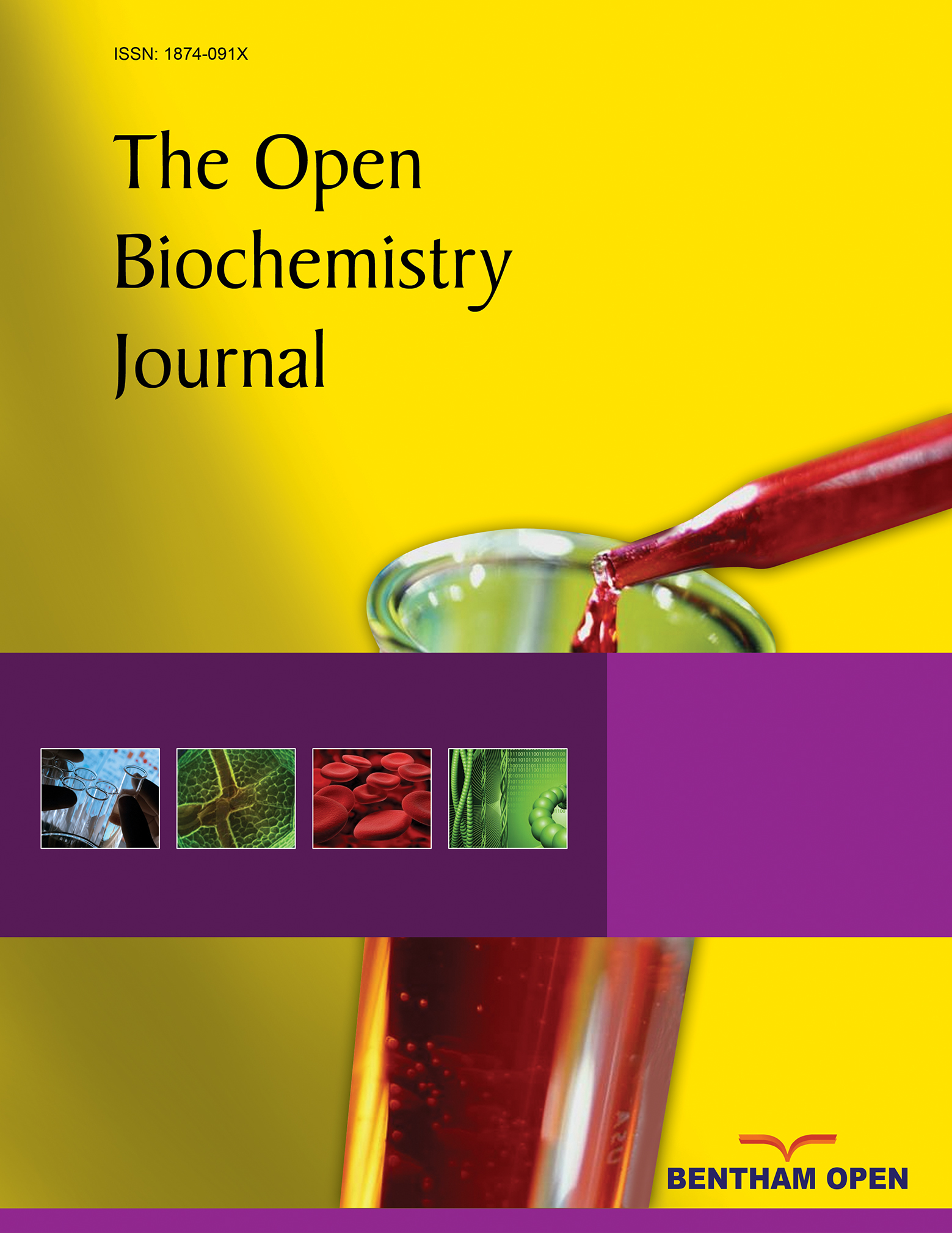NO Metabolites Levels in Human Red Blood Cells are Affected by Palytoxin, an Inhibitor of Na+/K+-ATPase Pump
Abstract
Palytoxin (PTX), a marine toxin, represents an increasing hazard for human health. Despite its high toxicity for biological systems, the mechanisms triggered by PTX, are not well understood. The high affinity of PTX for erythrocyte Na+/K+-ATPase pump is largely known, and it indicates PTX as a sensitive tool to characterize the signal transducer role for Na+/K+-ATPase pump. Previously, it has been reported that in red blood cells (RBC), probably via a signal transduction generated by the formation of a PTX-Na+/K+-ATPase complex, PTX alters band 3 functions and glucose metabolism. The present study addresses the question of which other signaling pathways are regulated by Na+/K+-ATPase in RBC. Here it has been evidenced that PTX following its interaction with Na+/K+-ATPase pump, alters RBC morphology and this event is correlated to decreases by 30% in nitrites and nitrates levels, known as markers of plasma membrane eNOS activity. Orthovanadate (OV), an antagonist of PTX binding to Na+/K+-ATPase pump, was able to reverse the effects elicited by PTX. Finally, current investigation firstly suggests that Na+/K+-ATPase pump, following its interaction with PTX, triggers a signal transduction involved in NO metabolism regulation.


